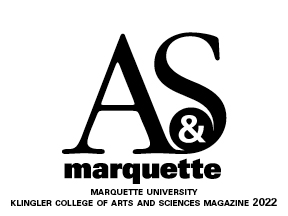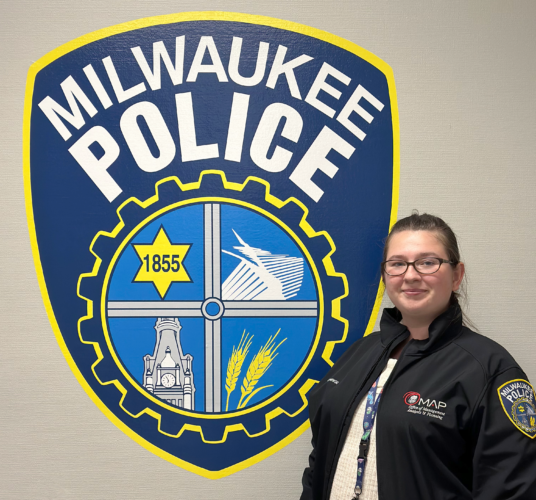Klingler professors collaborate across campus and with the U.S. Army Corps of Engineers to address water quality challenges and promote healthier environments.
For about five years, Marquette faculty specializing in water research have been collaborating on research aspirations. The circle of complementary expertise generated its biggest dividends yet when Marquette received a $3.8 million federal award — the largest water-related grant received by the university — to fund an ambitious program, Novel Technologies to Mitigate Water Contamination for Resilient Infrastructure.
Working with the Army Corps’ Engineer Research and Development Center, four Marquette multidisciplinary research teams will pursue solutions to high-priority water quality issues, with two of those led by Klingler College faculty.
Under the direction of Dr. Krassimira Hristova, associate professor of biological sciences, one team will address the dramatic and apparently lasting increase in the use of disinfectants during the COVID-19 pandemic, and the rapid rise of illness-causing pathogens that are resistant to antiseptics or antibiotics. The team, which includes Dr. Chris Marshall, assistant professor of biological sciences, will investigate the microbial ecology of biofilms that form on everything water touches in buildings including pipes, sinks and shower curtains. In addition to learning more about what is killed by typical disinfectants and what comes back after their use, they will study UV treatment and novel disinfection materials that efficiently control growth of bacteria and viruses on surfaces and in biofilms.
Another project, led by Marshall and co-investigated by Hristova, will advance the development of an innovative two-step system involving electrochemical removal of PFAS (forever chemicals) and subsequent bioelectrochemical degradation and destruction. The system could be used in drinking water treatment, wastewater treatment and in-place treatment of soils and sediments. Marshall will leverage progress he’s made using microbes to degrade halogenated compounds such as PCBs. There are signs the same or related strains of bacteria may help degrade forever chemicals.




